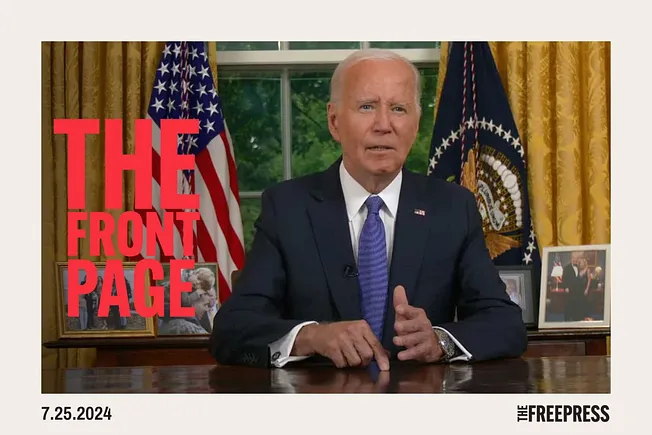
When most people think about war, they think about senseless killing, brutality, violence and horror. But when journalist Sebastian Junger thinks about war — even though he has witnessed firsthand how war is all of those things — he also thinks about meaning, purpose, brotherhood and community. It's why, he posits, so many veterans actually miss war when they return home. As Junger argues, war gives people all of the things that religion aspires to impart to people and often fails. War, he says, delivers.
Junger was a war correspondent for many decades. His reporting on the front lines of Afghanistan was captured in his best-selling book, War, and was made into an Academy Award winning documentary, Restrepo, which follows a platoon of U.S. soldiers in one of the bleakest, most dangerous outposts in Afghanistan. Through his raw, unfiltered, on the ground reporting, perhaps no one has done more to illuminate the full picture and reality of war.
One of those realities is that men seek and need danger. They have a deep desire to prove their valor. They find community and meaning in crisis. And yet, much of the Western world lives without any kind of high-stakes, high-risk danger at all. It is, of course, a great blessing we don't live in constant crisis. But our comfort, safety and affluence, he argues, come with unexamined costs.
So for today, a conversation with Sebastian Junger about reporting from the most dangerous regions of the world, his new book Freedom, what it means to be human, and how danger is inextricably tied to living a meaningful life.
Learn more about your ad choices. Visit megaphone.fm/adchoices











our Comments
Use common sense here: disagree, debate, but don't be a .